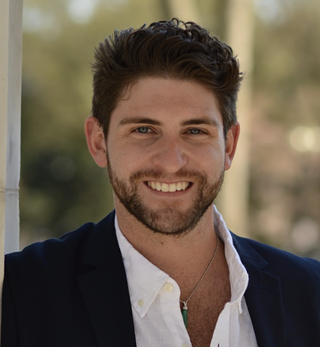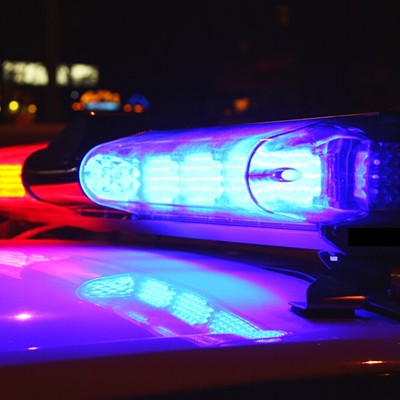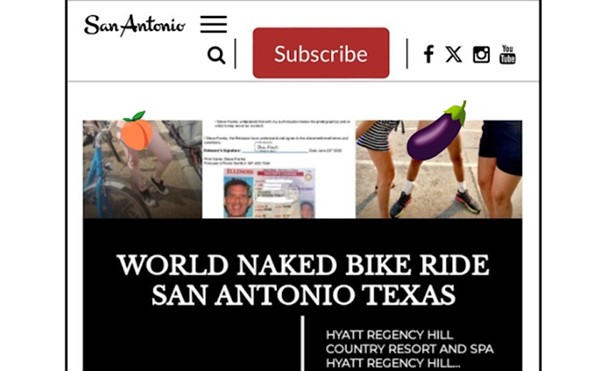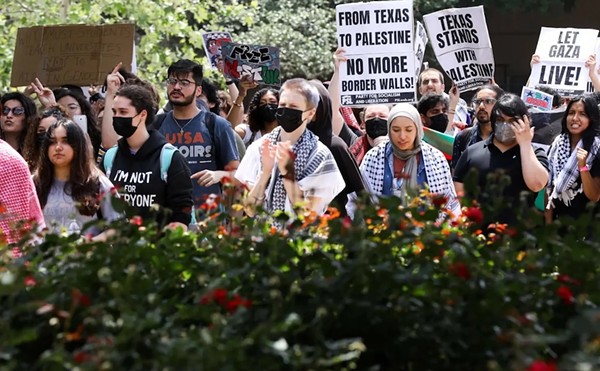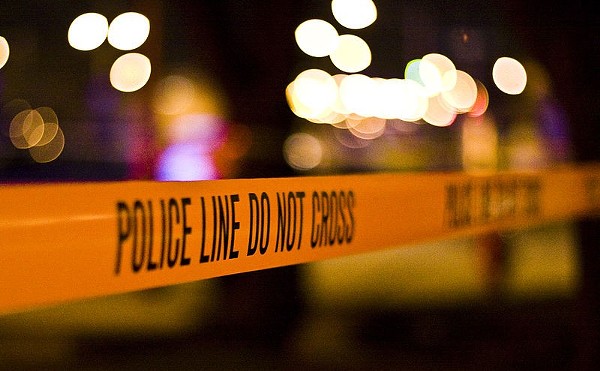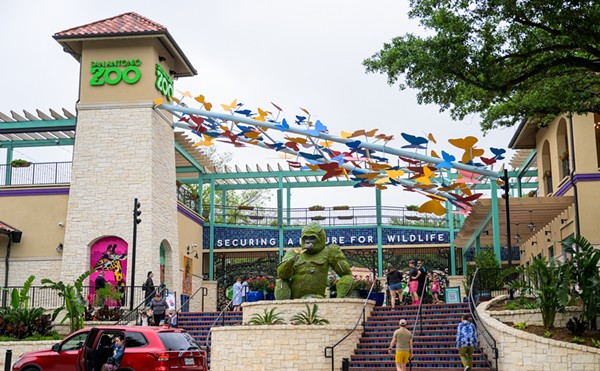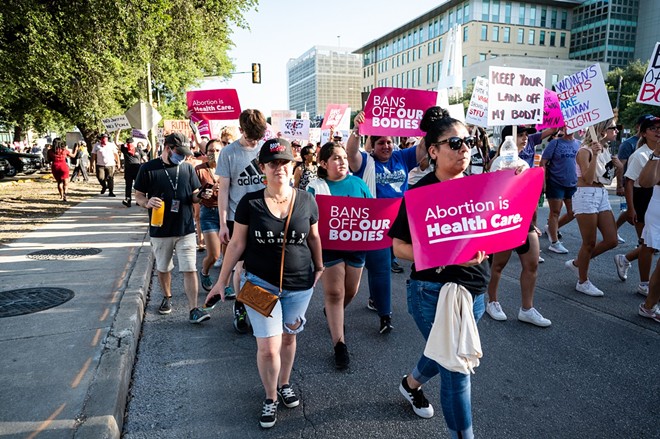
Due to the action — or, more accurately, the inaction — of the U.S. Supreme Court, organizers of mass protests in Texas and two other states now could be on the hook financially for any criminal act committed by an attendee.
On Monday, the high court opted not to hear the case of Mckesson v. Doe, leaving in place a 2019 decision by the notoriously conservative New Orleans-based Fifth Circuit Court of Appeals that protest organizers can be held financially responsible for attendees' behavior in Texas, Louisiana and Mississippi.
The case stems from an incident at a 2016 protest organized by Black Lives Matter activist DeRay Mckesson. During that protest, which was held outside a Baton Rouge, Louisiana, police station, an attendee threw a rock that injured an officer.
The Fifth Circuit ultimately ruled organizers can be held liable for creating "unreasonably dangerous conditions, and where his creations of those conditions cause a plaintiff to sustain injuries." The ruling goes as far as to hold organizers liable for traffic infractions of protest attendees and enables the states to impose severe financial penalties on individual organizers.
Although the Supreme Court opted not to hear the case, the Fifth Circuit's ruling can still be challenged in the courts.
"The goal of lawsuits like these is to prevent people from showing up at a protest out of the fear that they might be held responsible if anything happens," Mckesson said in a statement. "But people don't need to be afraid to show up. The constitution still protects our right to protest."
The Supreme Court's revelation that it wouldn't hear the case came hours after pro-Palestine advocates blocked off two entrances to Valero's Northwest San Antonio headquarters Monday morning, leaving the refining company's employees unable to get to work.
"This is oppression and fascism at its finest, and it will not slow us down," Ananda Tomas, executive director of San Antonio police-accountability group Act 4 SA, said of the Supreme Court decision. "Our country was born out of protest and dissent. We are fighting for liberation that is worth all the risk for many of us, but it does mean that we will have to be more strategic in protecting one another."
Subscribe to SA Current newsletters.
Follow us: Apple News | Google News | NewsBreak | Reddit | Instagram | Facebook | Twitter| Or sign up for our RSS Feed


